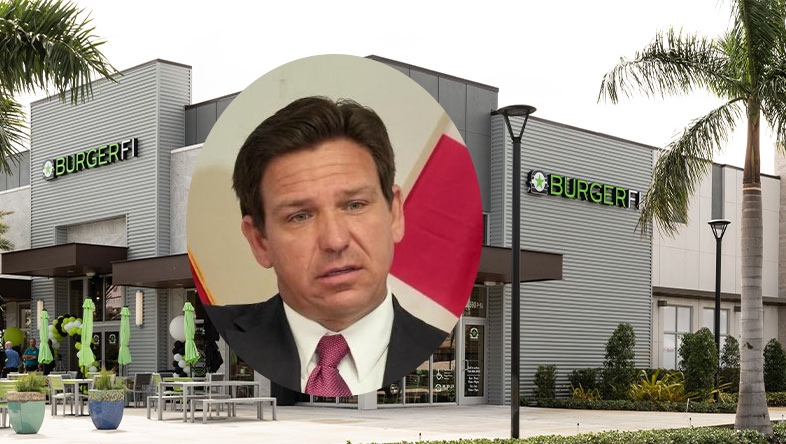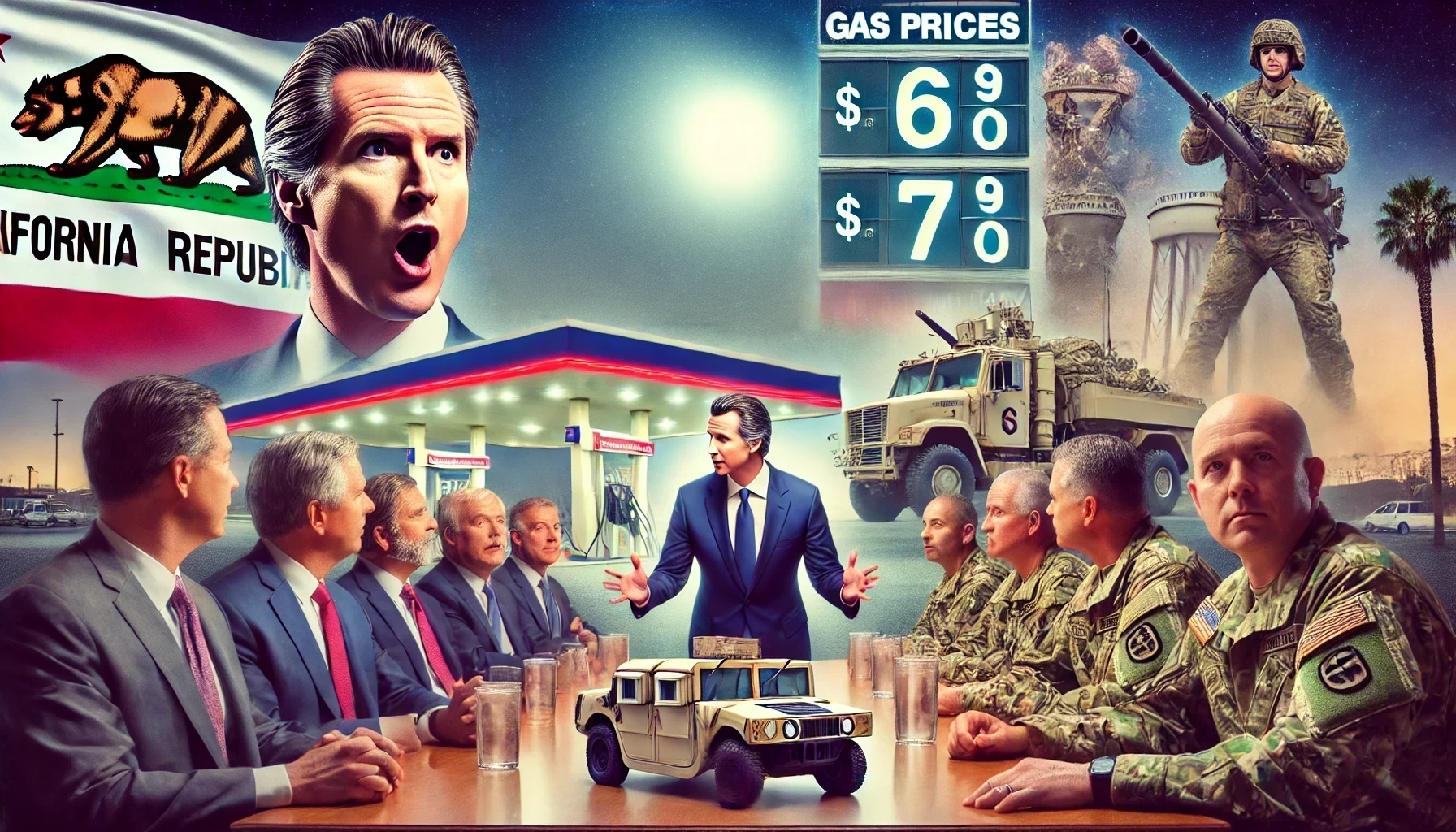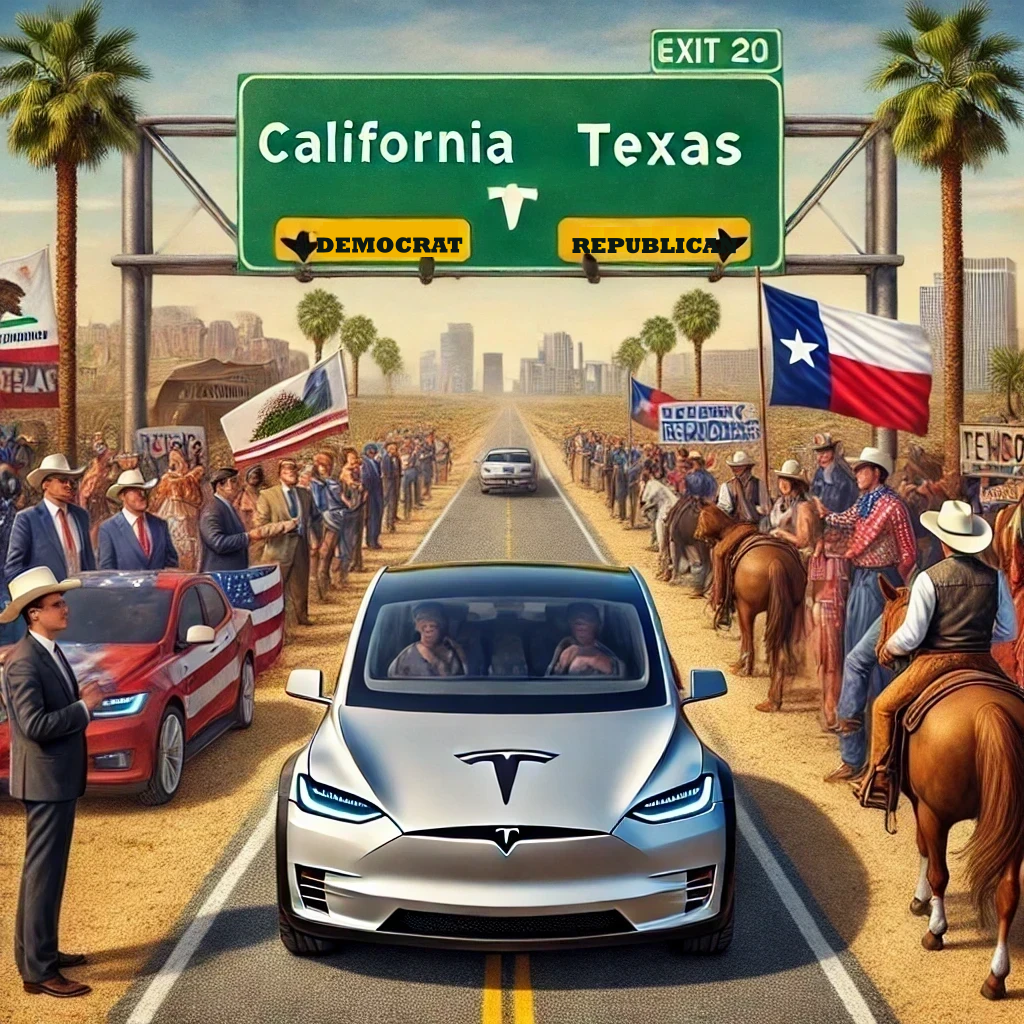In recent months, a growing narrative has emerged blaming Governor Gavin Newsom’s minimum wage hike to $20 an hour for the struggles faced by California’s fast food industry. Critics argue that this wage increase is driving restaurants out of business, yet a closer examination reveals that this simplistic explanation overlooks broader, more complex factors affecting the industry nationwide.
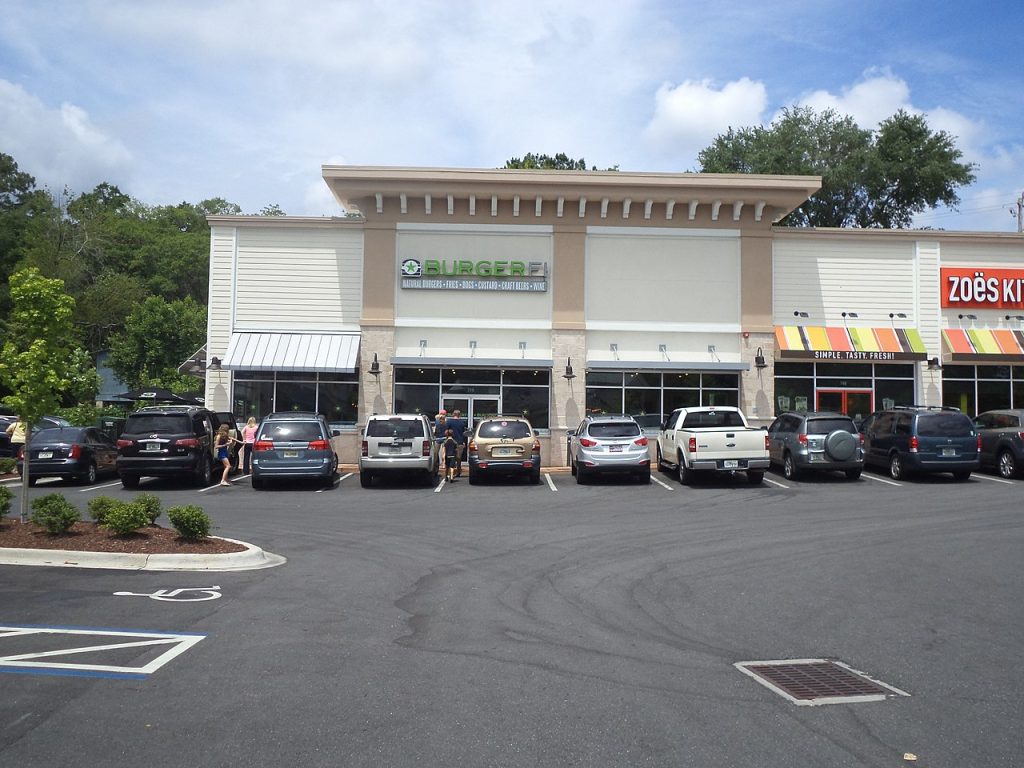
The plight of fast food restaurants is not unique to California. Across the United States, fast food chains are grappling with a myriad of challenges that extend far beyond the impact of minimum wage laws. A notable example is BurgerFi, a national burger chain with no stores in California, which is currently experiencing significant financial difficulties.

Despite operating in states with lower minimum wages, BurgerFi has closed 22 locations in the past year and is considering filing for bankruptcy. Blaming DeSantis for the east coast restaurants failings would make as much sense as blaming Newsom for the California chains troubles.
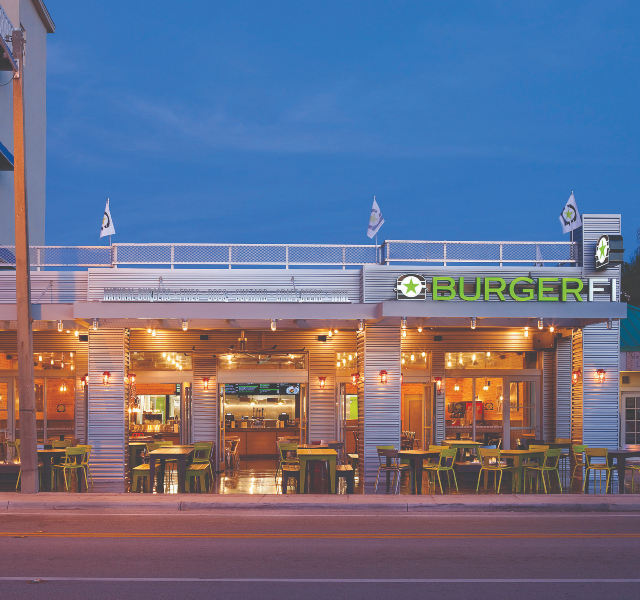
BurgerFi’s recent struggles highlight the broader issues affecting the fast food industry. In an earnings call, the company noted that it continues to evaluate its portfolio with a close look at cash flow and profitability. The closures are part of an effort to boost efficiency amid mounting financial pressures, including defaulting on a credit agreement and being delisted from NASDAQ. These issues are indicative of wider economic challenges, such as rising costs and changing consumer behaviors, which are impacting fast food chains across the nation.
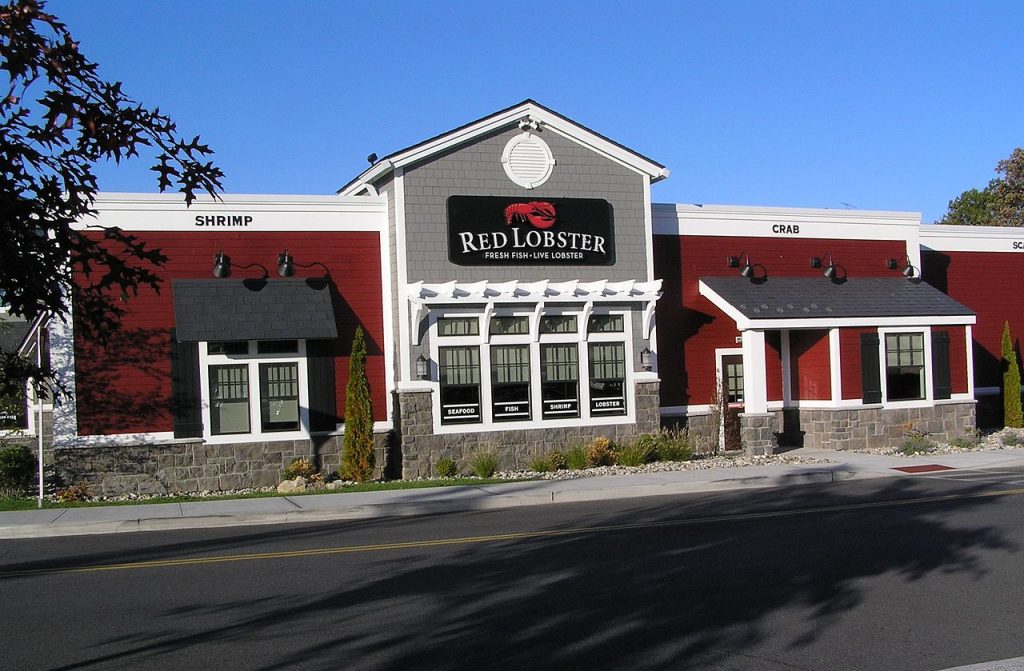
Burgifi is not alone. Other national chains like Red Lobster, Pizza Hut, Boston Market, TGI Fridays, Popeyes, Tijuana Flats, Cracker Barrel, and Applebee’s have also been closing locations. These closures occur in states with varying minimum wage laws, suggesting that the challenges facing the industry are multifaceted.
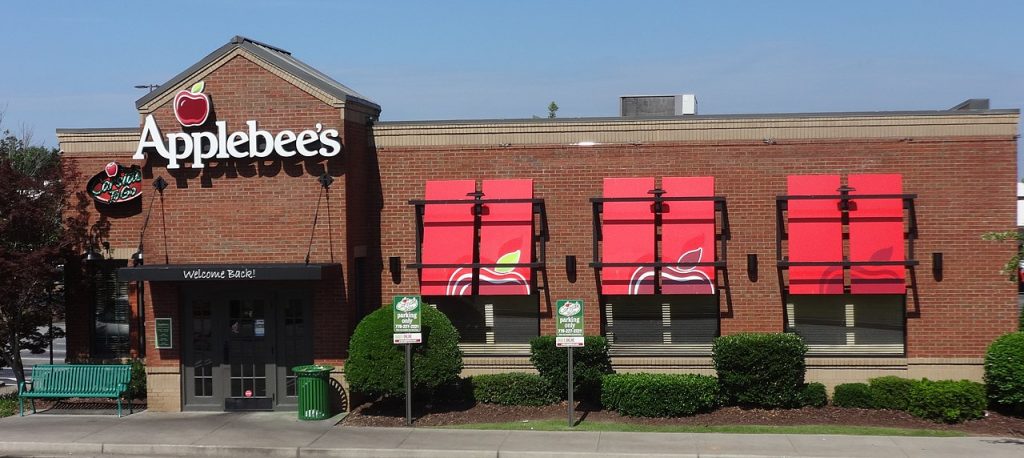
Supply chain disruptions, fluctuating food costs, and the need for investment in technology to meet changing consumer demands are significant contributors to the financial strain on these businesses.
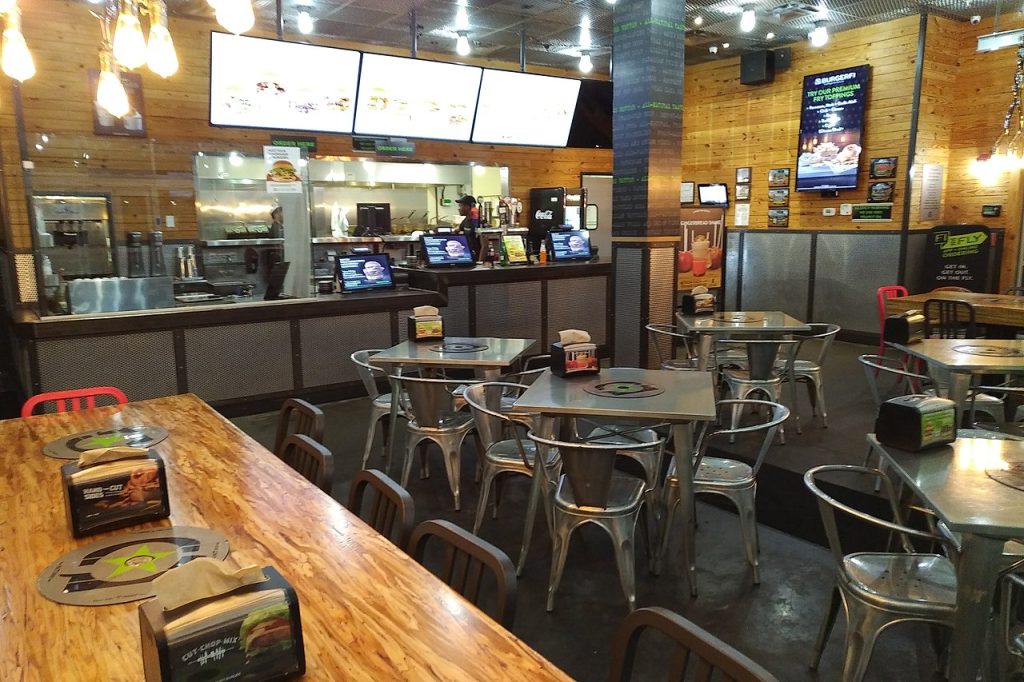
The fast food industry is undergoing a significant transformation driven by technology and changing consumer habits. The rise of food delivery apps, ghost kitchens, and an increasing demand for healthier options are reshaping the landscape. Many traditional fast food establishments are struggling to adapt to these shifts.

In states like Florida and Texas, where the minimum wage remains below $12 an hour, restaurants are still closing at alarming rates. Analysts point to a combination of reduced foot traffic, increased competition from new dining formats, and the need for substantial investment in digital ordering platforms and delivery logistics.
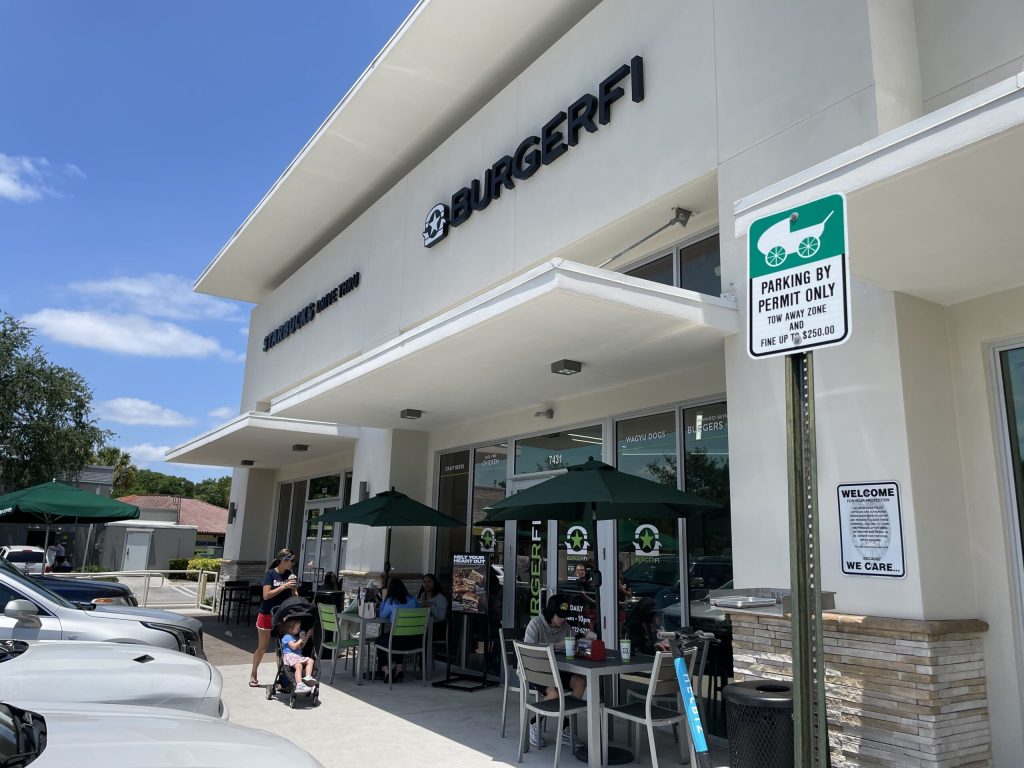
Blaming California’s minimum wage hike for the challenges faced by fast food restaurants oversimplifies a complex situation. The experiences of BurgerFi and other national chains illustrate that the industry is dealing with a range of issues that extend far beyond wage laws.

Supply chain problems, rising costs, and evolving consumer preferences are significant factors affecting the viability of fast food establishments nationwide. Interest rate increases on revolving variable loans may be the primary factor affecting the deteriorating financials of almost all fast food restaurants. It is clear that the difficulties in California’s fast food sector cannot be solely attributed to the increase in minimum wage, but rather are part of a broader trend impacting the industry across the country.

